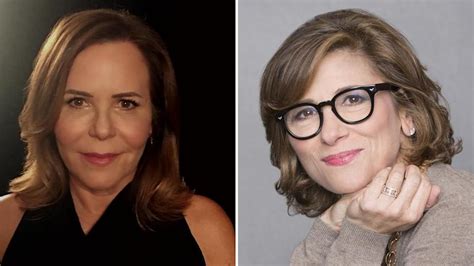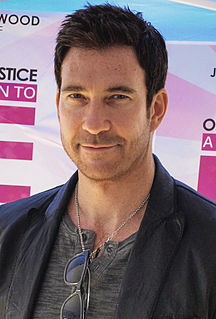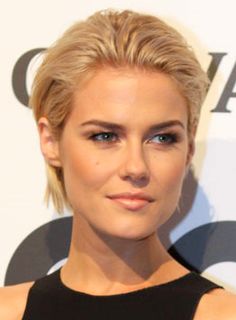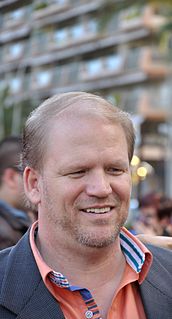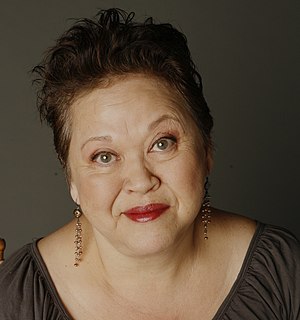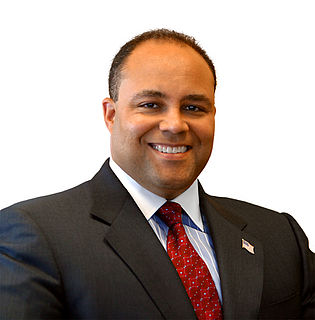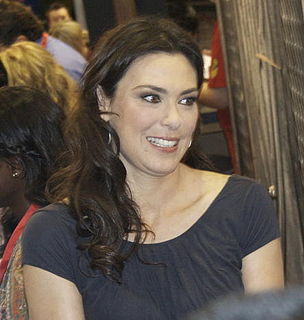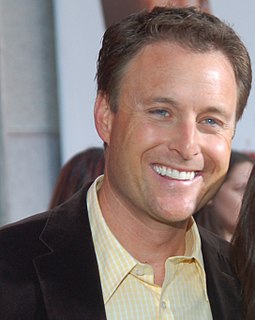A Quote by Nina Tassler
Women drive network television.
Quote Topics
Related Quotes
This moment right here, me standing up here all brown with my boobs and my Thursday night of network television full of women of color, competitive women, strong women, women who own their bodies and whose lives revolve around their work instead of their men, women who are big dogs, that could only be happening right now.
Most of the network television audience now is primarily women, but I think that's because the shows are developed to appeal to women. I don't know that there are too many shows that appeal to guys anymore. I'm not sure why that is, but I think that it may have something to do with the fact that most development staffs are women.
Every day is different. I am constantly creating, whether that be for my own YouTube channel and social networks or my businesses like FAWN (For all Women's Network) - a women's lifestyle network on YouTube that I founded/produce; em michelle phan (my cosmetics line with L'Oreal); or Ipsy (a beauty sampling service I co-founded in 2011).
It's no accident that Julia Child appeared on public television - or educational television, as it used to be called. On a commercial network, a program that actually inspired viewers to get off the couch and spend an hour cooking a meal would be a commercial disaster, for it would mean they were turning off the television to do something else.
